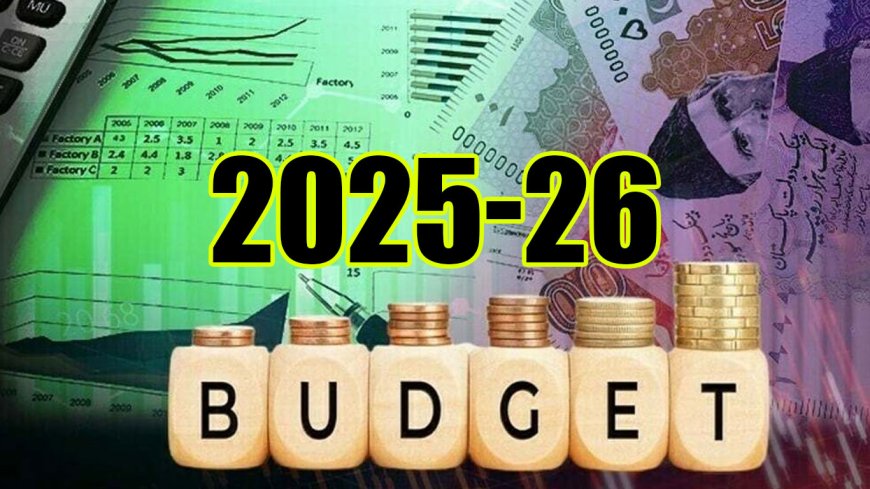Govt to Offer Tax Cuts for Salaried Class in Budget
The Government of Pakistan is considering significant tax relief measures for the salaried class in the upcoming 2025–26 federal budget. These proposals aim to alleviate the financial burden on middle-income earners amidst rising inflation and economic challenges.

The Government of Pakistan is considering significant tax relief measures for the salaried class in the upcoming 2025–26 federal budget. These proposals aim to alleviate the financial burden on middle-income earners amidst rising inflation and economic challenges. However, the implementation of these measures is contingent upon approval from the International Monetary Fund (IMF)
-
Increase in Tax Exemption Threshold: The Federal Board of Revenue (FBR) proposes raising the annual income tax exemption limit from Rs600,000 to Rs800,000.
-
Revised Tax Slabs: Adjustments are being considered for income brackets between Rs600,000 and Rs1.2 million to reduce tax liabilities for middle-income earners.
-
Simplification of Tax Filing: Efforts are underway to streamline income tax return forms, making the filing process more accessible for salaried individuals.
-
Conditional Implementation: All proposed changes are subject to IMF approval, aligning with Pakistan's ongoing fiscal strategies.
1. Raising the Tax Exemption Limit
The current tax exemption threshold stands at Rs600,000 annually. The proposed increase to Rs800,000 aims to provide relief to those earning just above the existing limit, acknowledging the impact of inflation on purchasing power.
2. Adjusting Tax Slabs for Middle-Income Earners
The government is evaluating revisions to tax slabs, particularly for incomes ranging from Rs600,000 to Rs1.2 million. This adjustment seeks to lessen the tax burden on middle-income groups, who have been disproportionately affected by economic strains.
3. Simplifying the Tax Filing Process
Recognizing the complexities in the current tax filing system, the FBR is working on simplifying income tax return forms. The goal is to make compliance more straightforward for salaried individuals, encouraging broader participation in the tax system.

-
IMF Approval: The proposed tax relief measures are part of broader fiscal reforms and require the IMF's consent, given Pakistan's commitments under existing financial arrangements.
-
Exclusion of High-Income Earners: The relief measures are targeted at low to middle-income earners, with no significant changes proposed for higher-income brackets.
-
Potential Tax on Pensions: In a move to broaden the tax base, the government is considering introducing a tiered tax on pension incomes exceeding Rs800,000 annually. Proposed rates range from 5% to 20%, depending on the pension amount.
The Salaried Class Alliance Pakistan has welcomed the proposed relief measures but urges the government to consider further steps, such as.
-
Increasing the Exemption Limit to Rs1.2 Million: To better reflect current economic realities.
-
Reintroducing Deductions: Including those for investments and health insurance, which were removed in previous budgets.
-
Addressing Tax Inequities: Ensuring that the tax system does not disproportionately burden salaried individuals compared to other sectors
The government's proposed tax relief measures for the salaried class in the 2025–26 budget represent a significant step towards addressing economic challenges faced by middle-income earners. While these proposals offer hope for financial relief, their realization depends on IMF approval and the government's ability to balance fiscal responsibilities with the needs of its citizens.
Stay tuned for further updates as the budget proposals evolve and more information becomes available.

 Ateeq Ur Rehman
Ateeq Ur Rehman